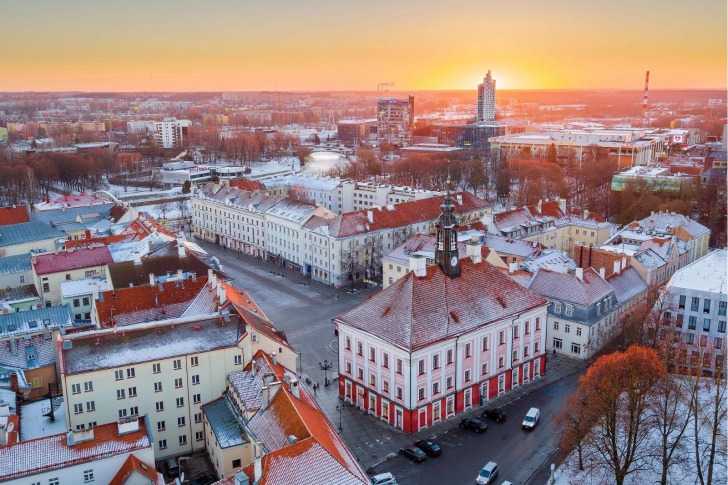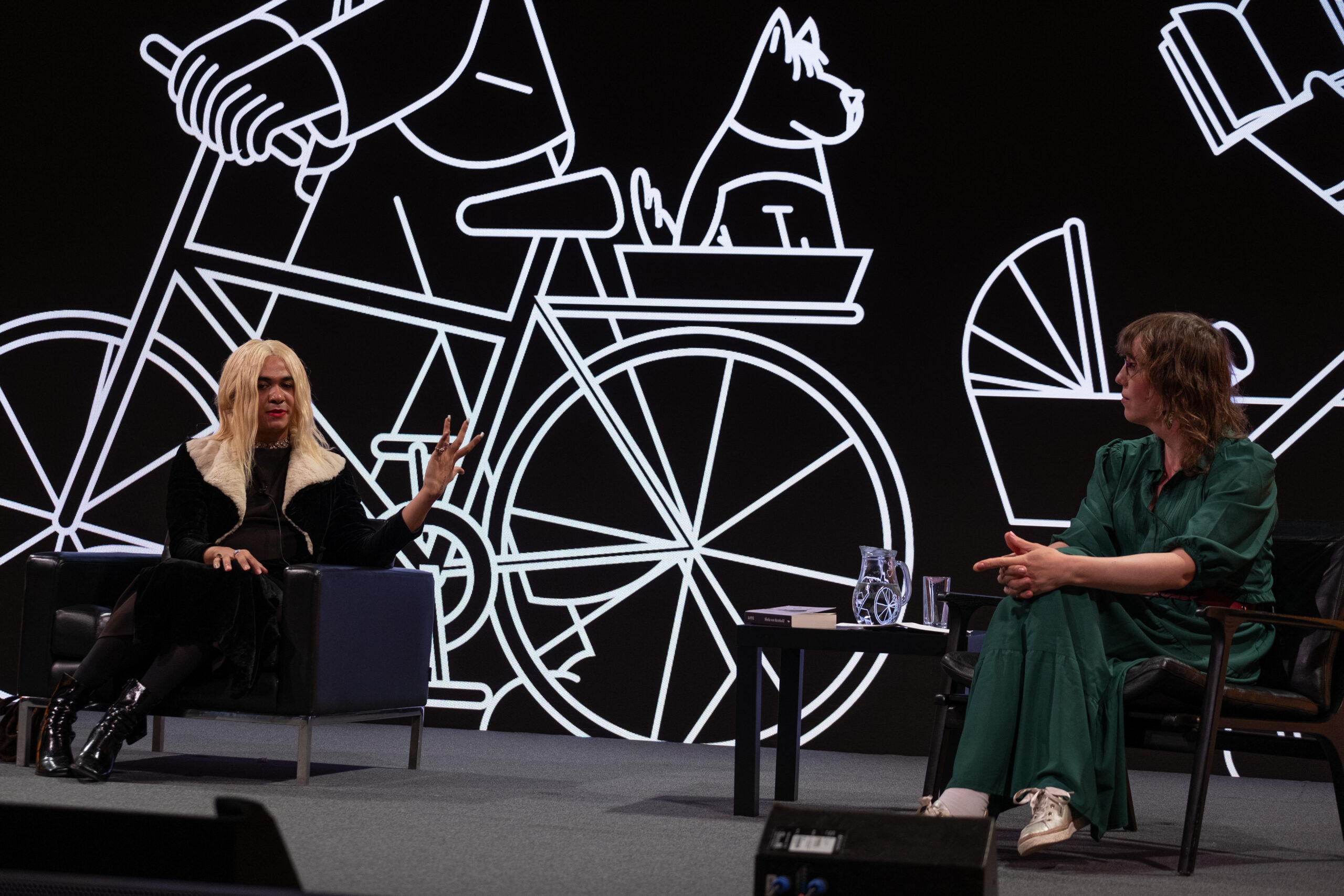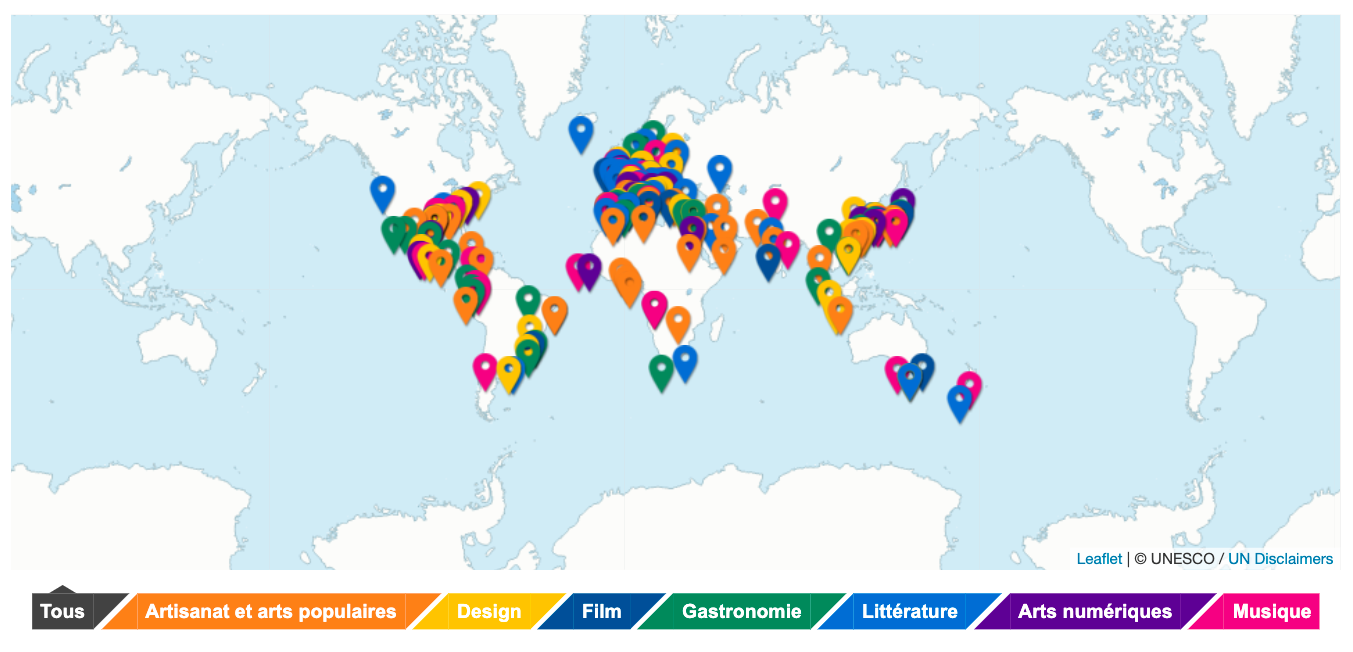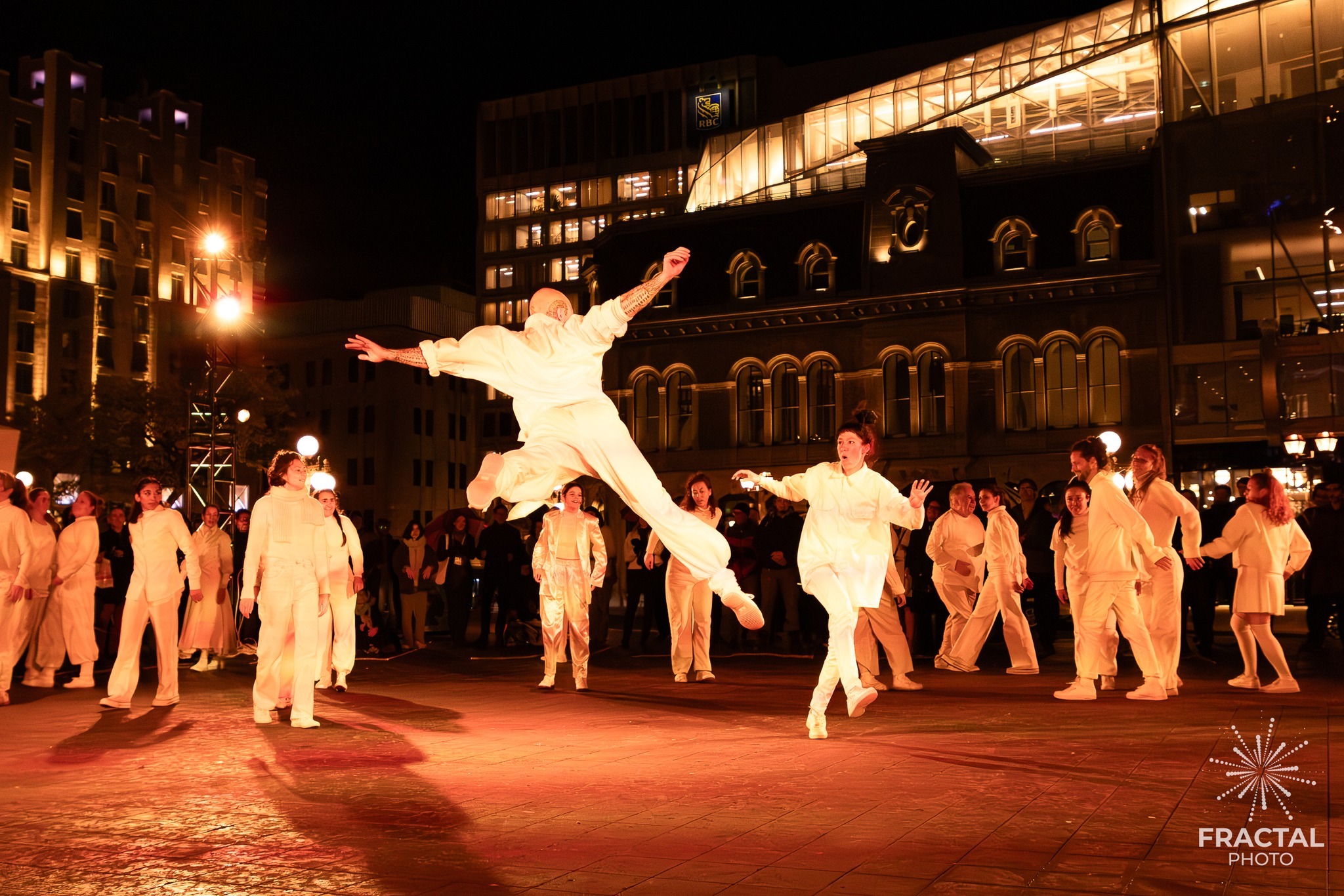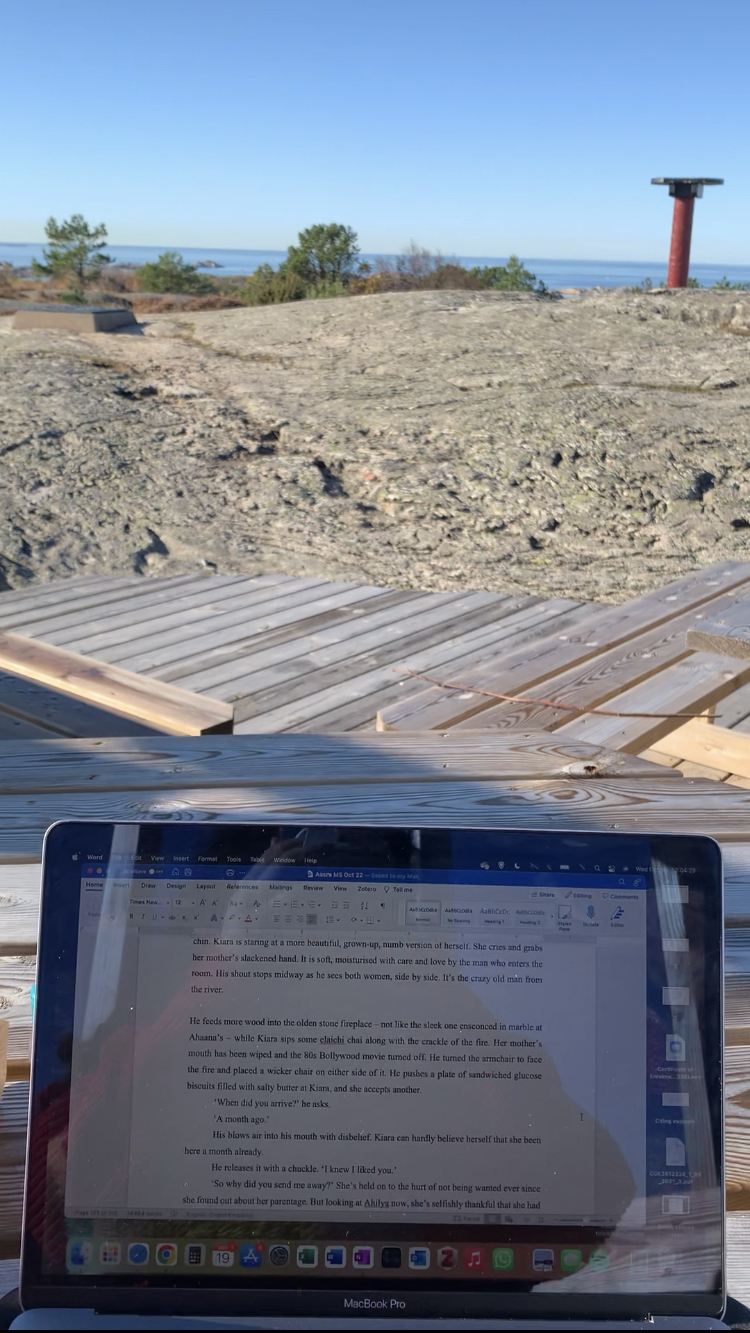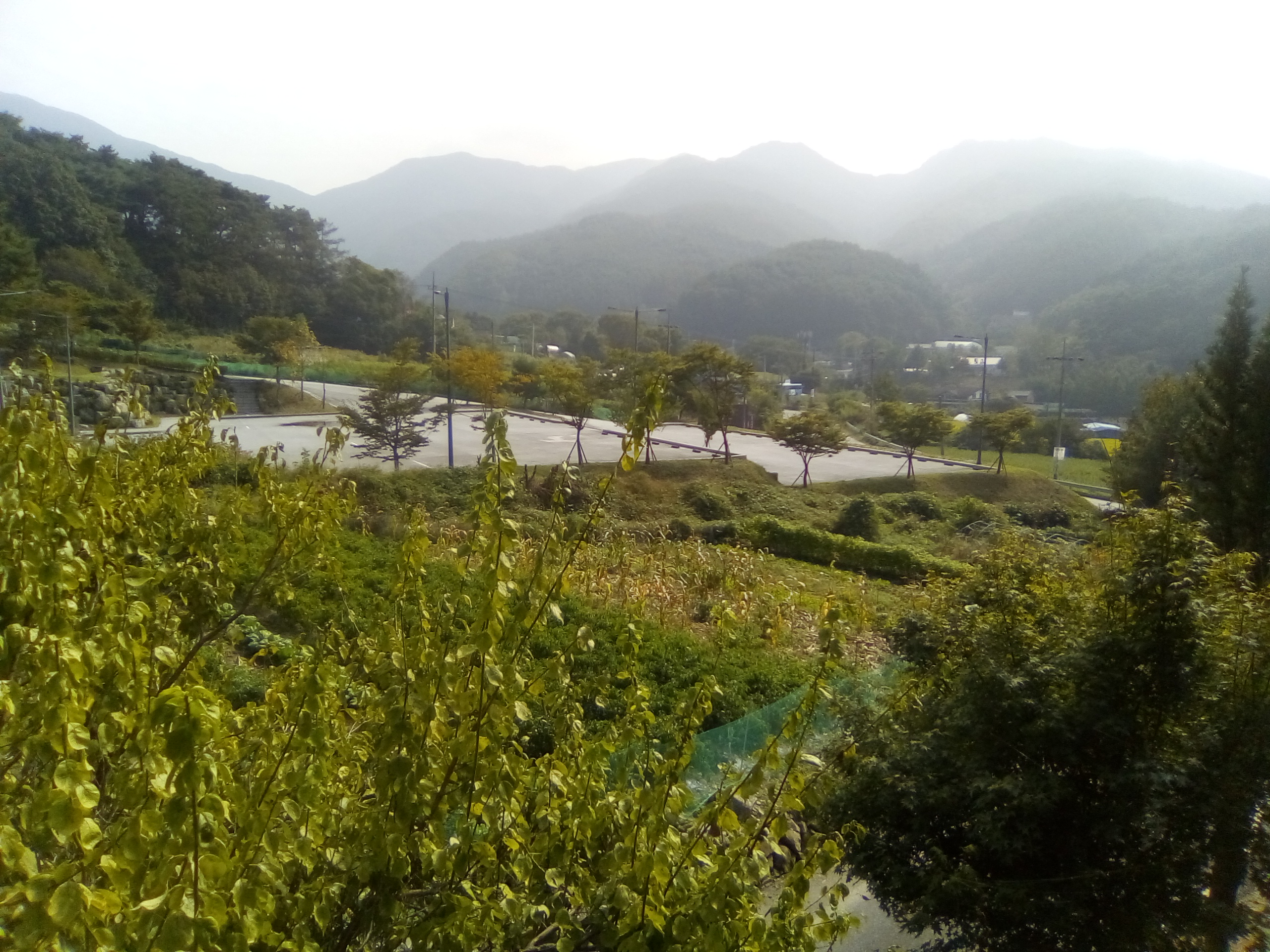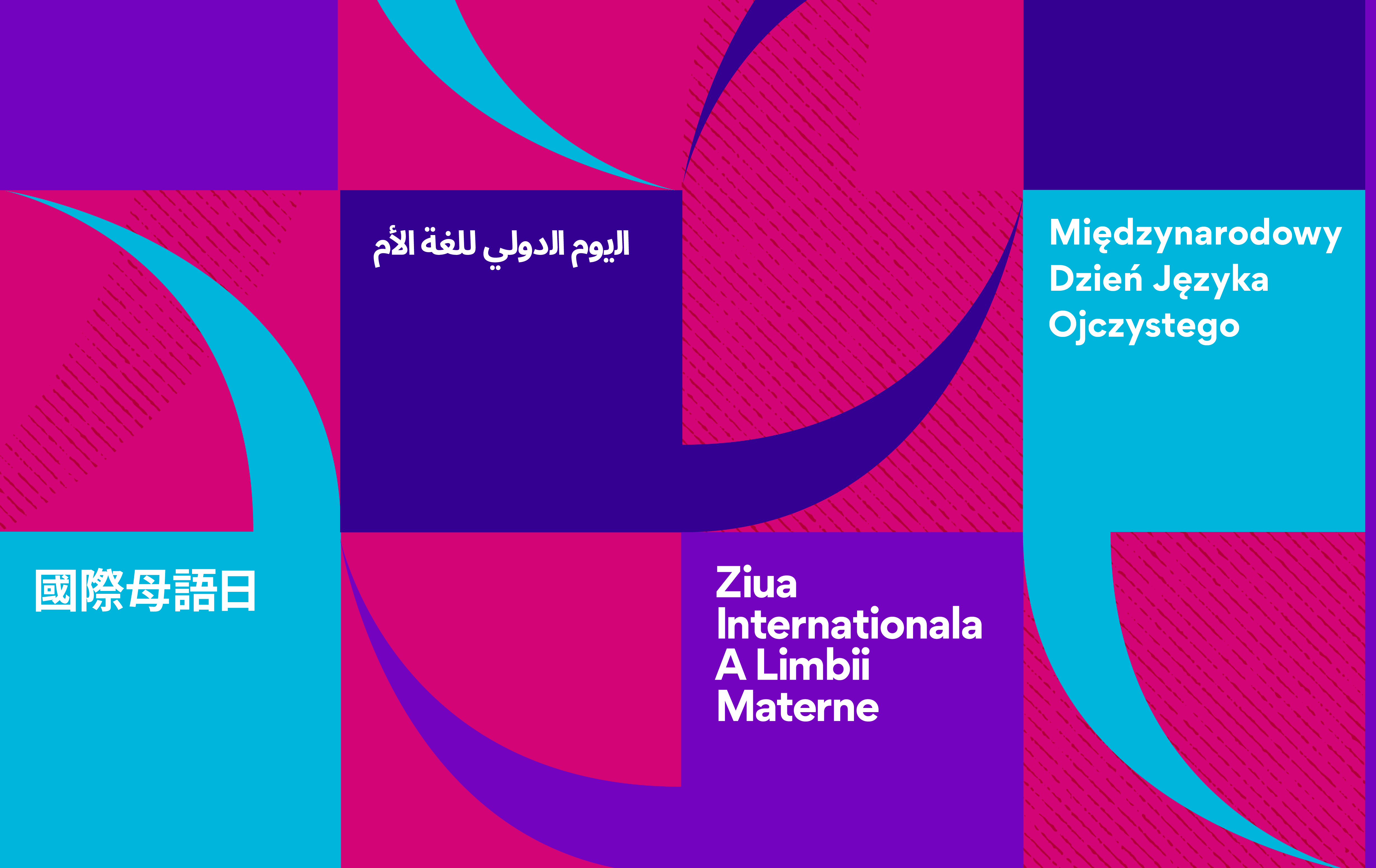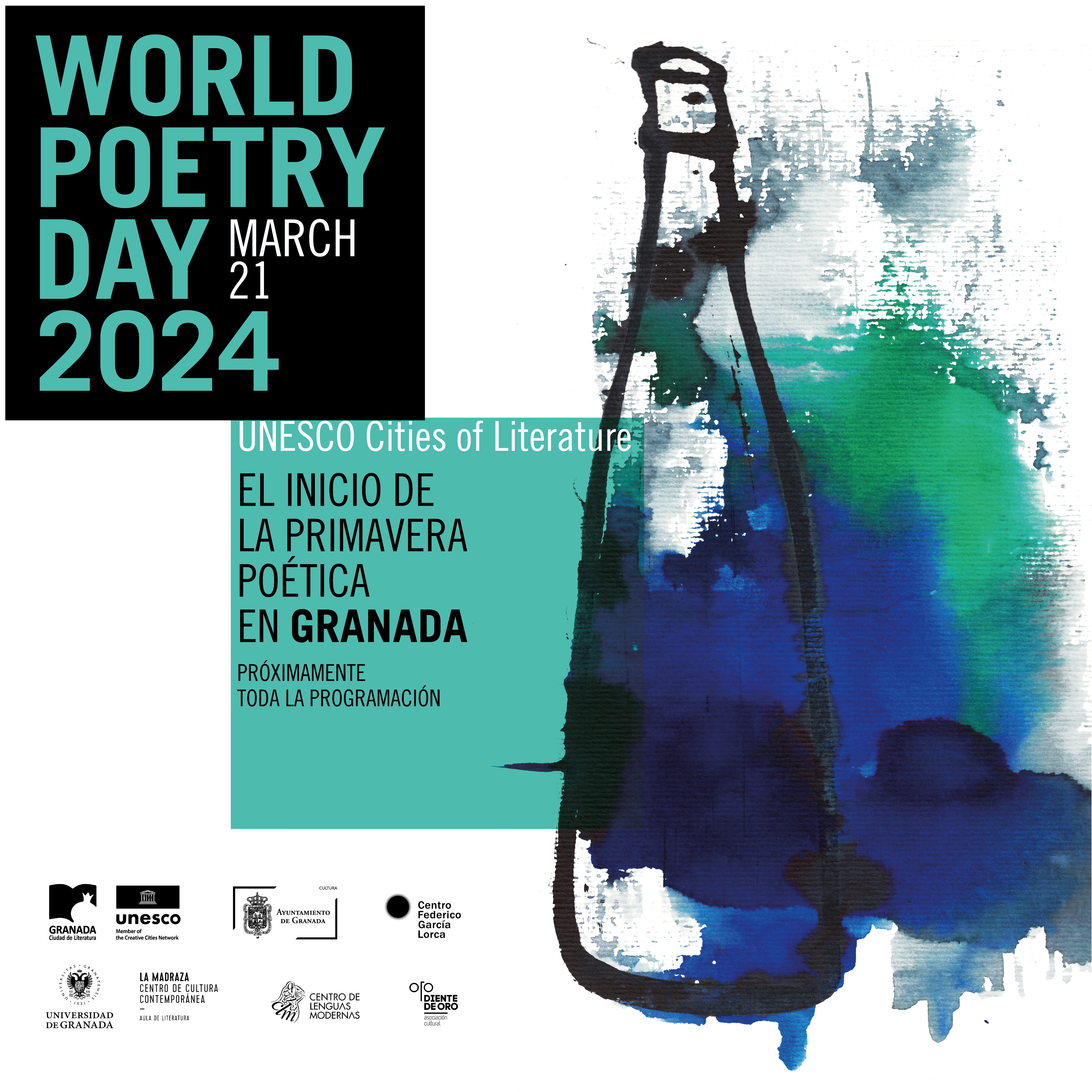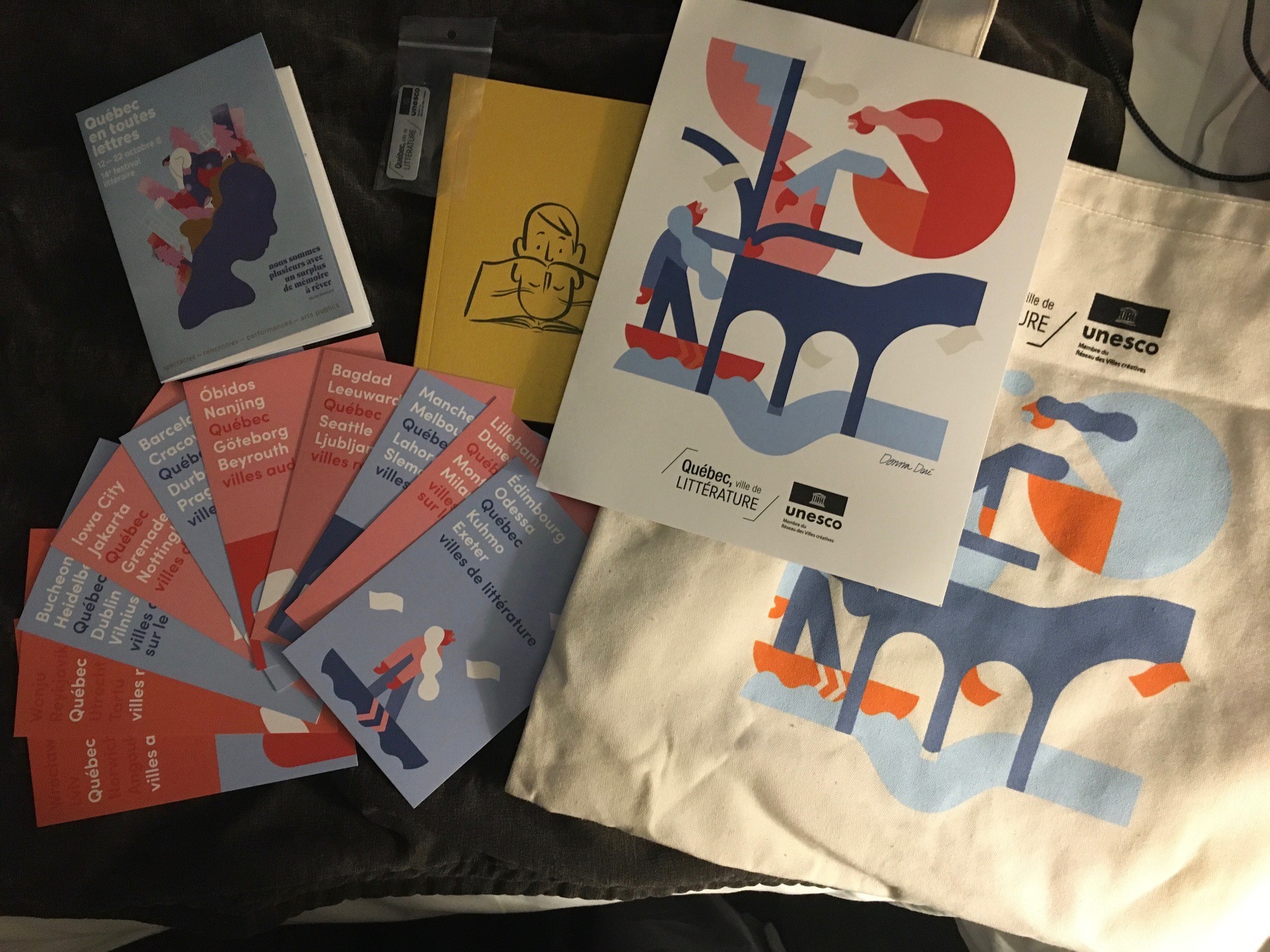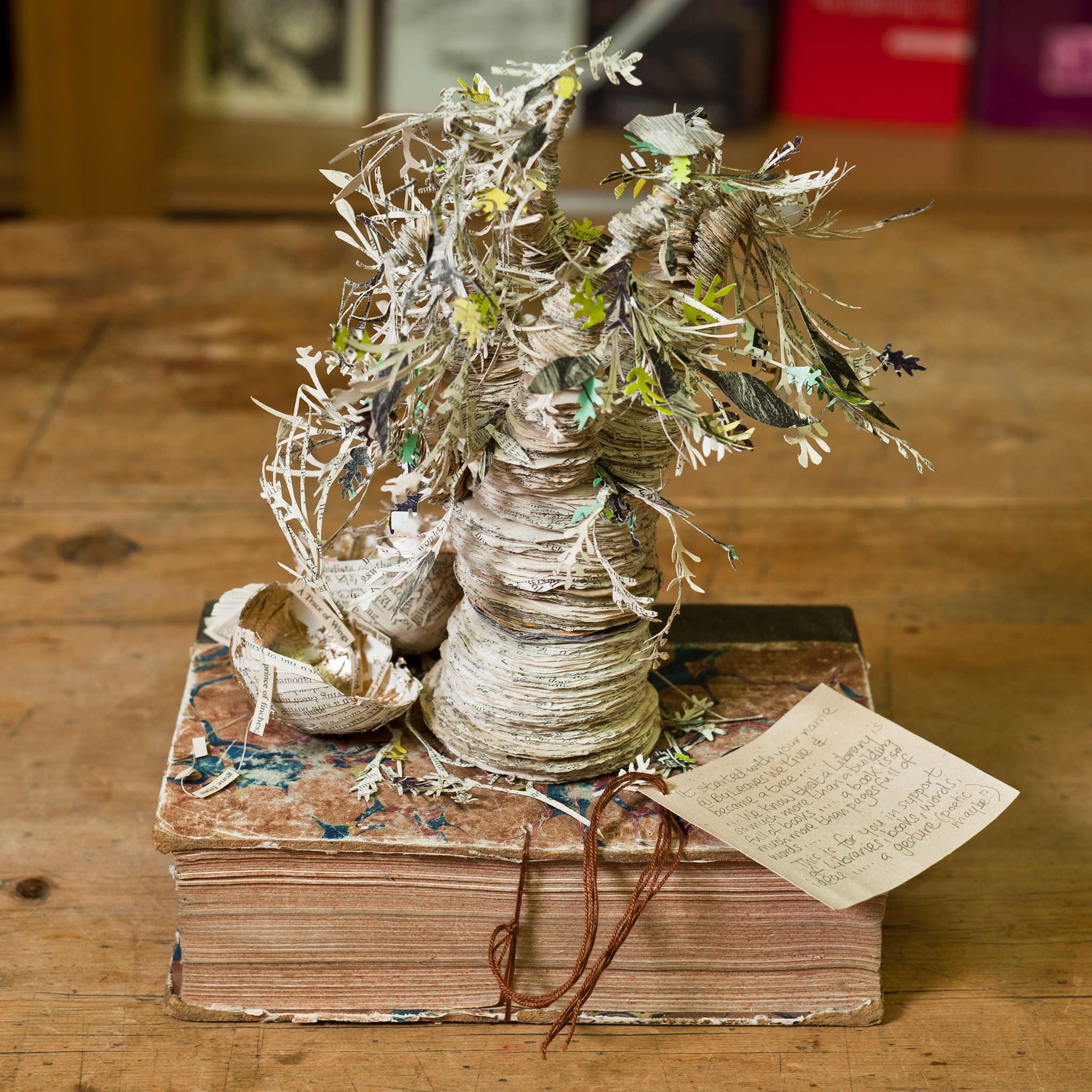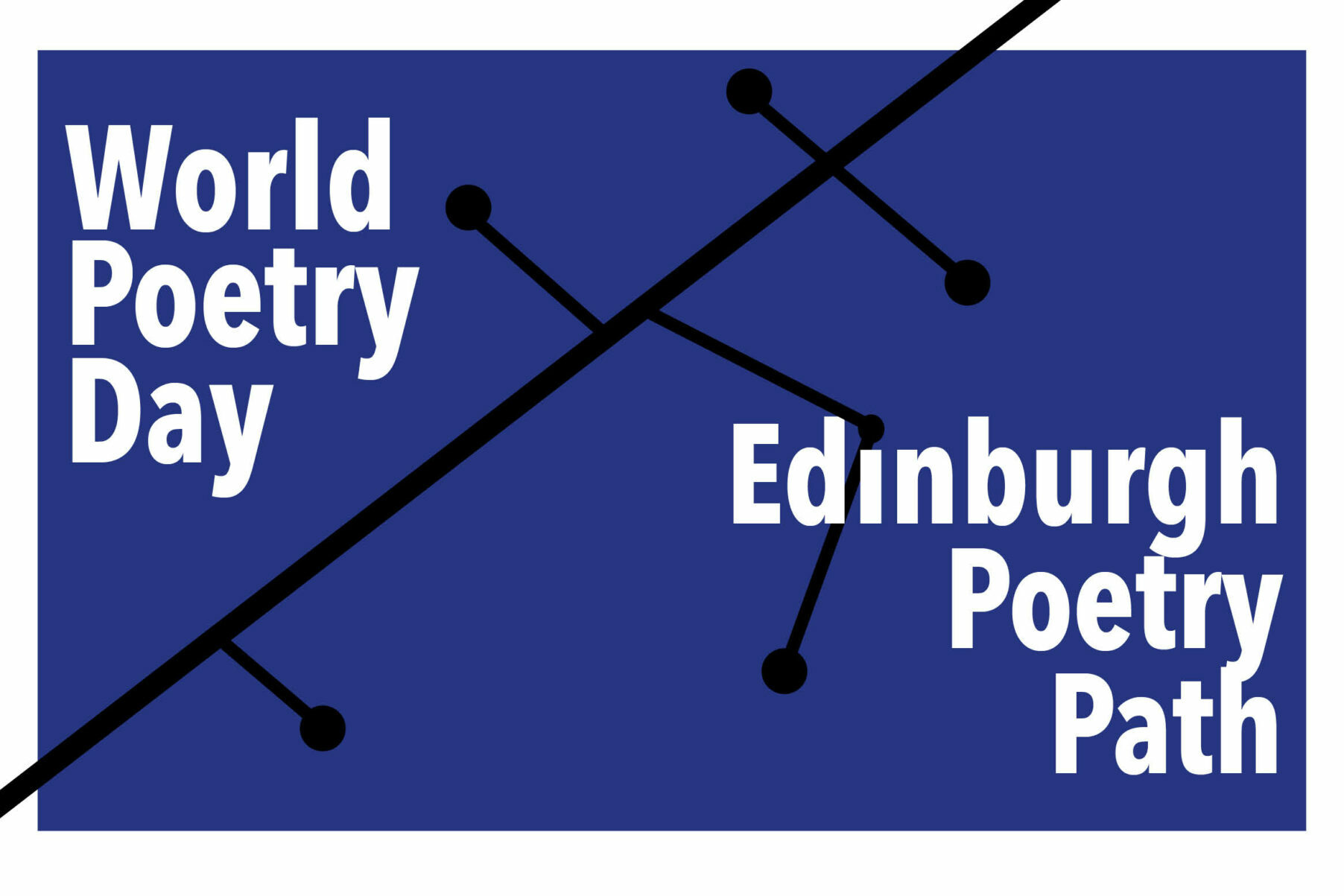

A Digital Poetry Path Through Edinburgh's History for World Poetry Day 2021
Ali Bowden
Director, Edinburgh
City of Literature Trust
26 March 2021
For World Poetry Day 2021, Edinburgh City of Literature decided to daunder down some digital paths - exploring what connects poetry connected to the city from past and present.
Whether linked through their work or aspects of their lives, there are a million threads connecting poetry in Edinburgh. The theme for World Poetry Day was Reconnecting People, and we wanted to examine this in a curious - and socially distant - way. What can take us from a 17th century Court to 21st century Leith? How can words inspired, provoked and published by the city show us themes which run through the ages?
We’ve laid out our Poetry Path below, along with links to enjoy the poetry alone, or in a book group or class. There were so many diversions, and twists and turns which we could have added - we hope the path will inspire you to think of your own routes through the poetry of the world’s first UNESCO City of Literature
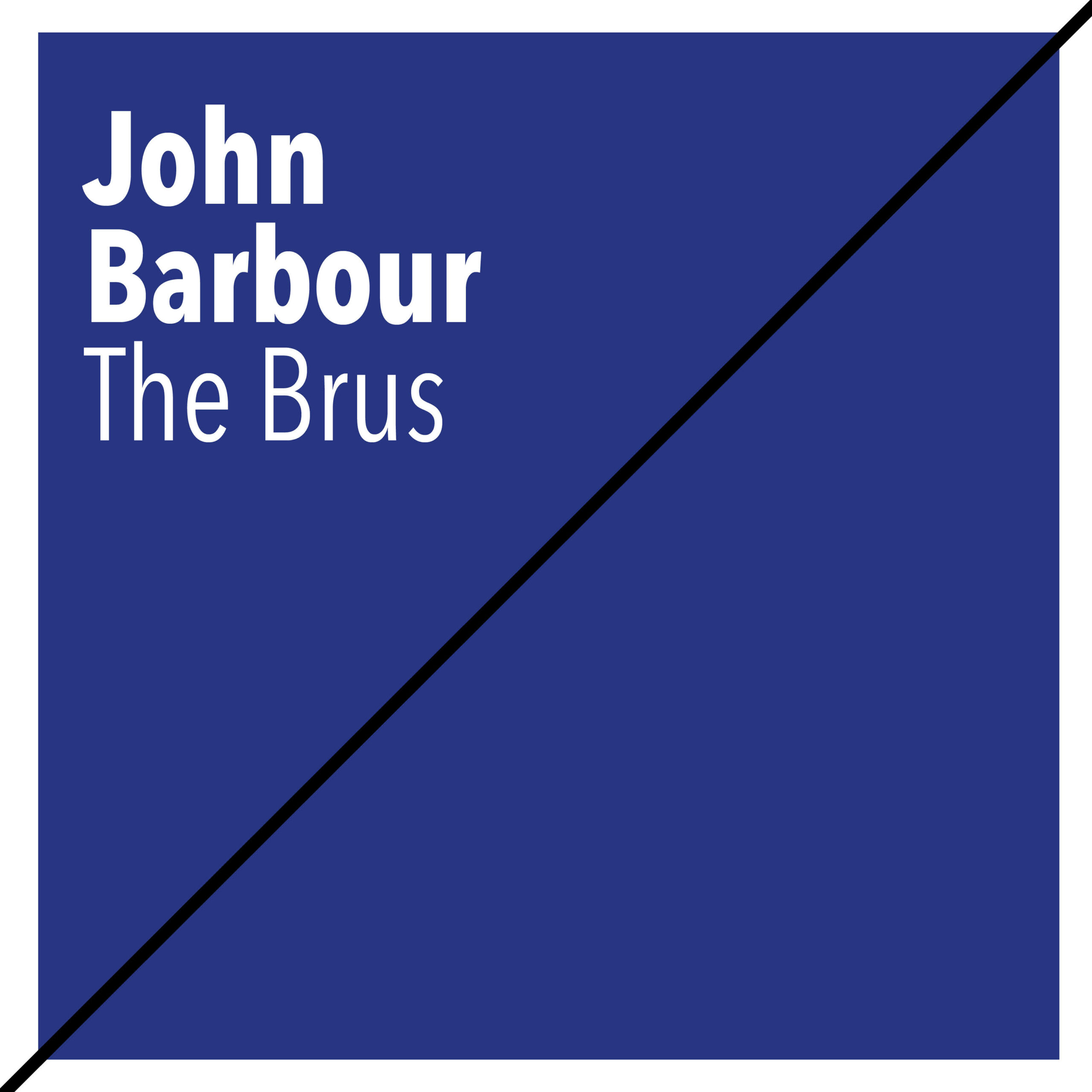
Written in Scots in the 1370s, ‘The Brus’ (or The Bruce) is a glimpse into the romance and intrigue of medieval Scotland. Although Barbour is mainly associated with Aberdeen, a copy of The Brus is held in the Advocates Library in Edinburgh.
Read an extract hereJohn Barbour is commemorated in Edinburgh’s Makar’s Court, as is fellow Scots language poet Elizabeth Melville, Lady Culross, whose ‘Ane Godlie Dreame’ was published by Robert Charteris in Edinburgh in 1603 - making her the first Scottish woman to see her work in print
Read more about Elizabeth Melville, Lady Culross here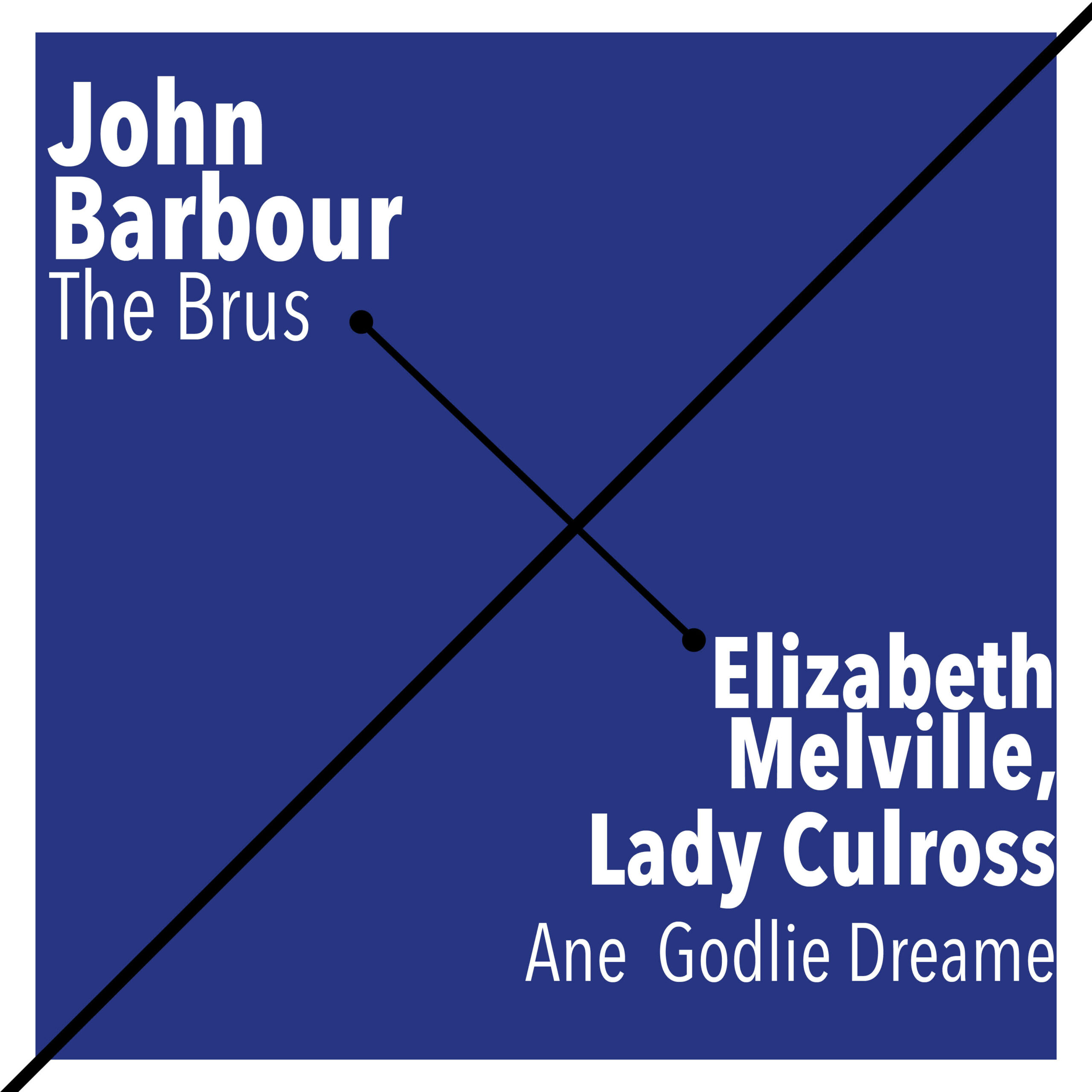
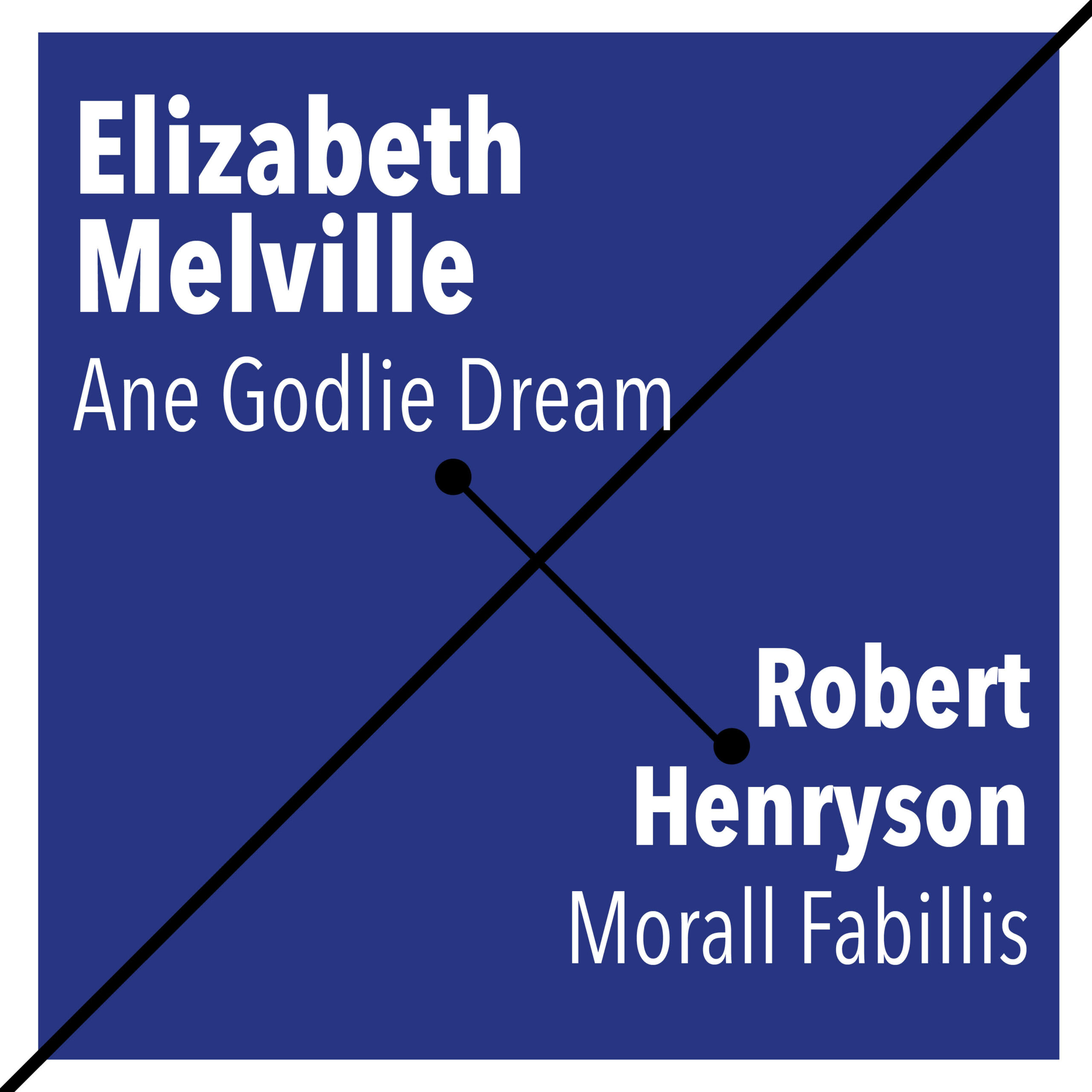
‘Ane Godley Dreame’ is a dream-vision poem, which links to our next poet - Robert Henryson whose work ‘The Morall Fabillis of Esope the Prygrian’ includes Aesop telling a fable to the narrator in a poem.
Read more hereHenryson was a Scottish Makar, which leads us down a path which zooms to the 21st century and our latest Makar, Jackie Kay, and her poem ‘Threshold’, performed at the Scottish Parliament in 2016.
Read Threshold here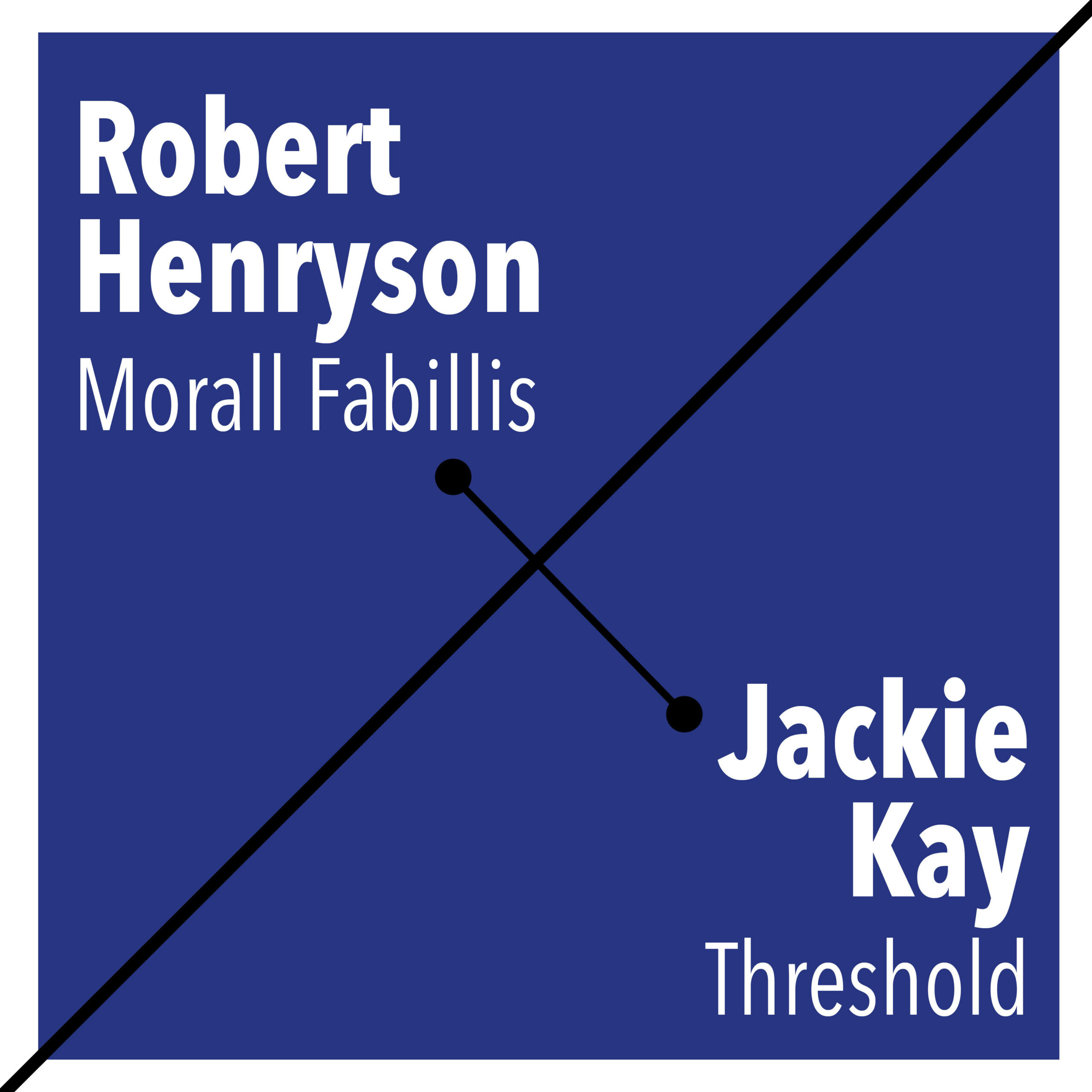
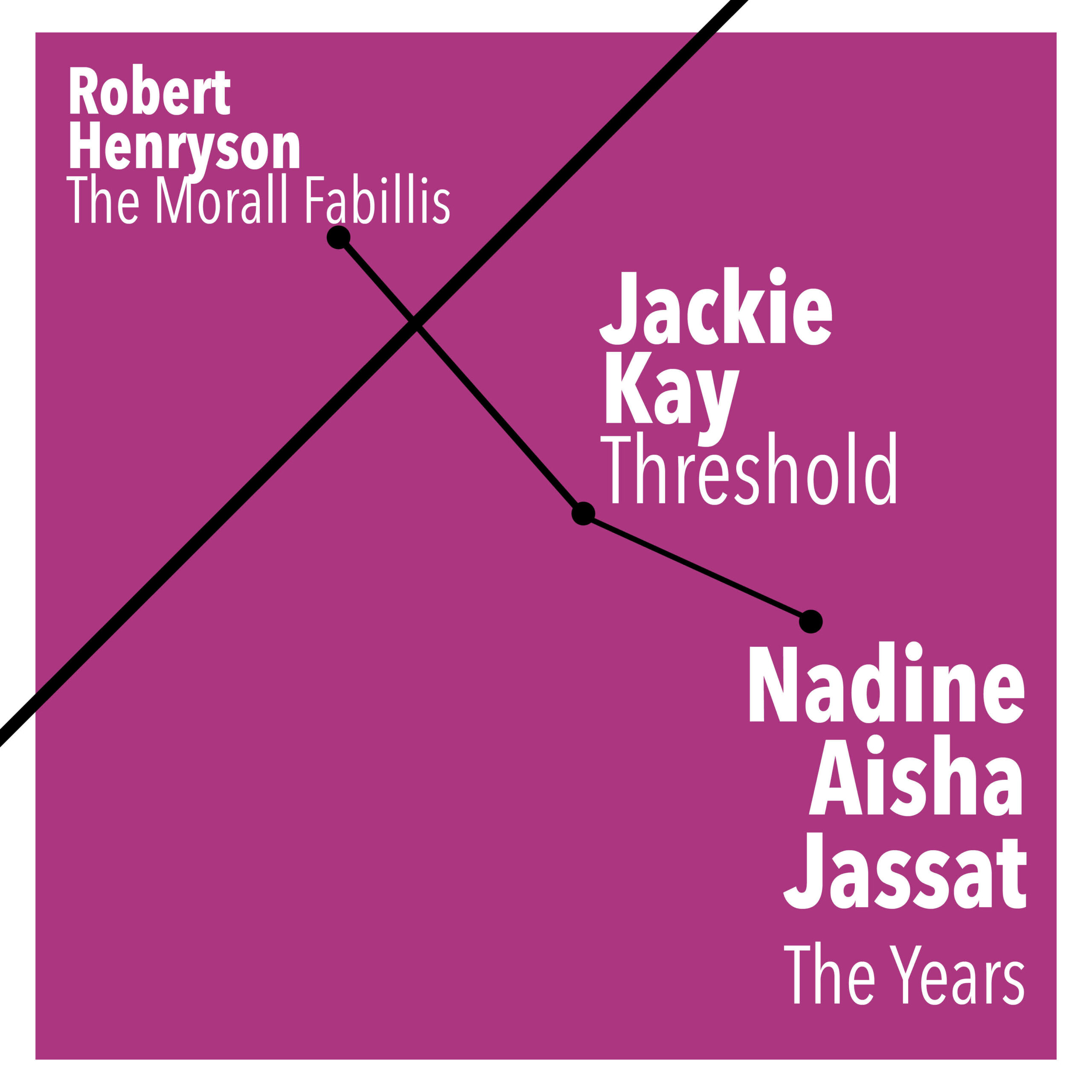
Small diversion here to rest awhile with Edinburgh-based Nadine Aisha Jassat, named by Jackie Kay as one of the most compelling BAME writers working in the UK today.
Read The Years hereThe role of Scottish Makar, akin to a Poet Laureate, dates back to the 15th century. In 2002, the Edinburgh Makar post was created, first held by poet Stewart Conn. One of his commissions, linked below, was inspired by the iconic Royal College of Surgeons in Edinburgh.
Read Stuart's Poetry Here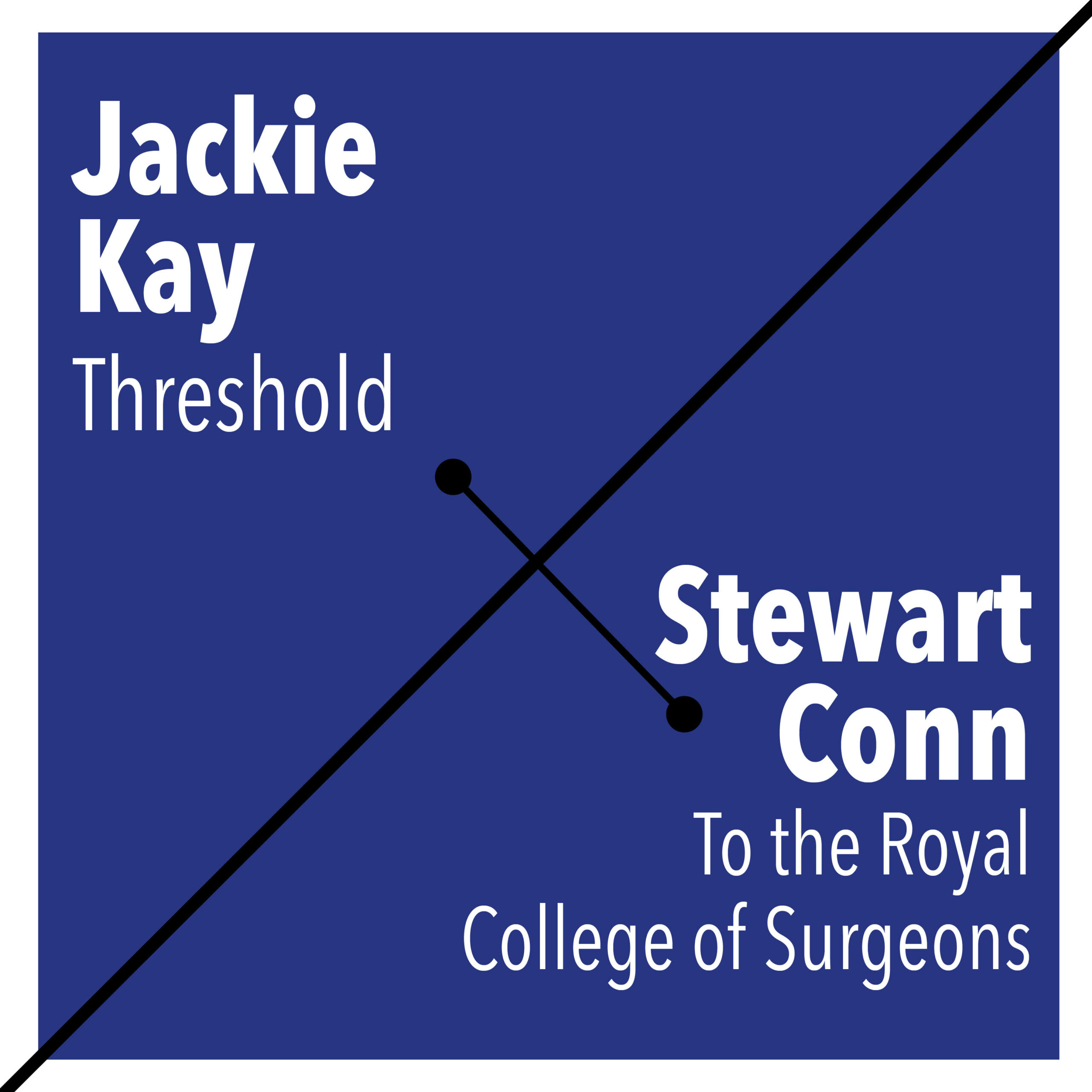
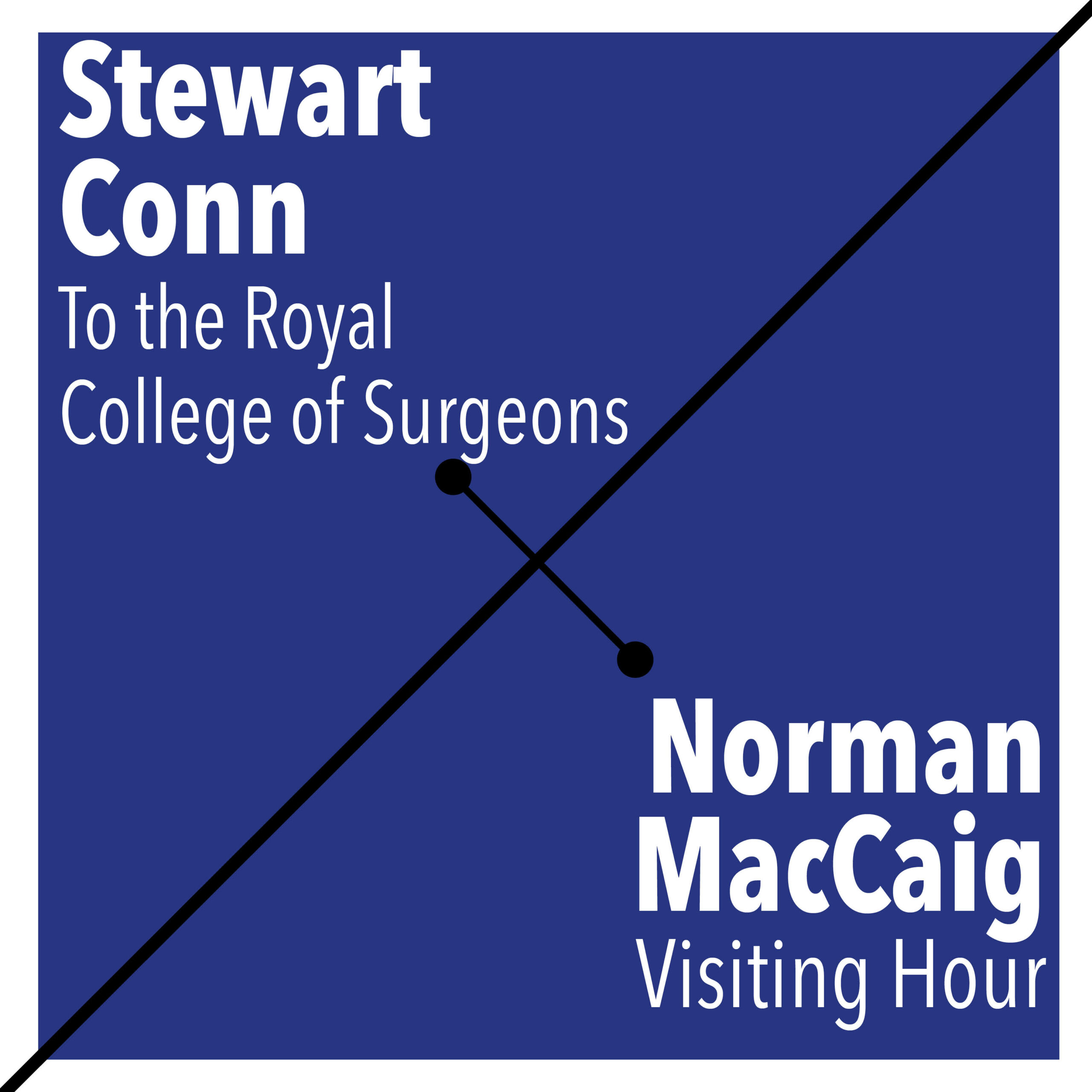
Stewart’s ode to The Royal College of Surgeons was part of The Hand That Sees, an anthology of 20 Scottish poets inspired by the College. This medical theme trots us over to ‘Visiting Hour’ by Edinburgh born poet Norman MacCaig.
Read Visiting Hour HereNorman MacCaig is a former pupil of the Royal High School in Edinburgh, along with Walter Scott who attended over a 100 years earlier.
Read MacCaig's Poetry Here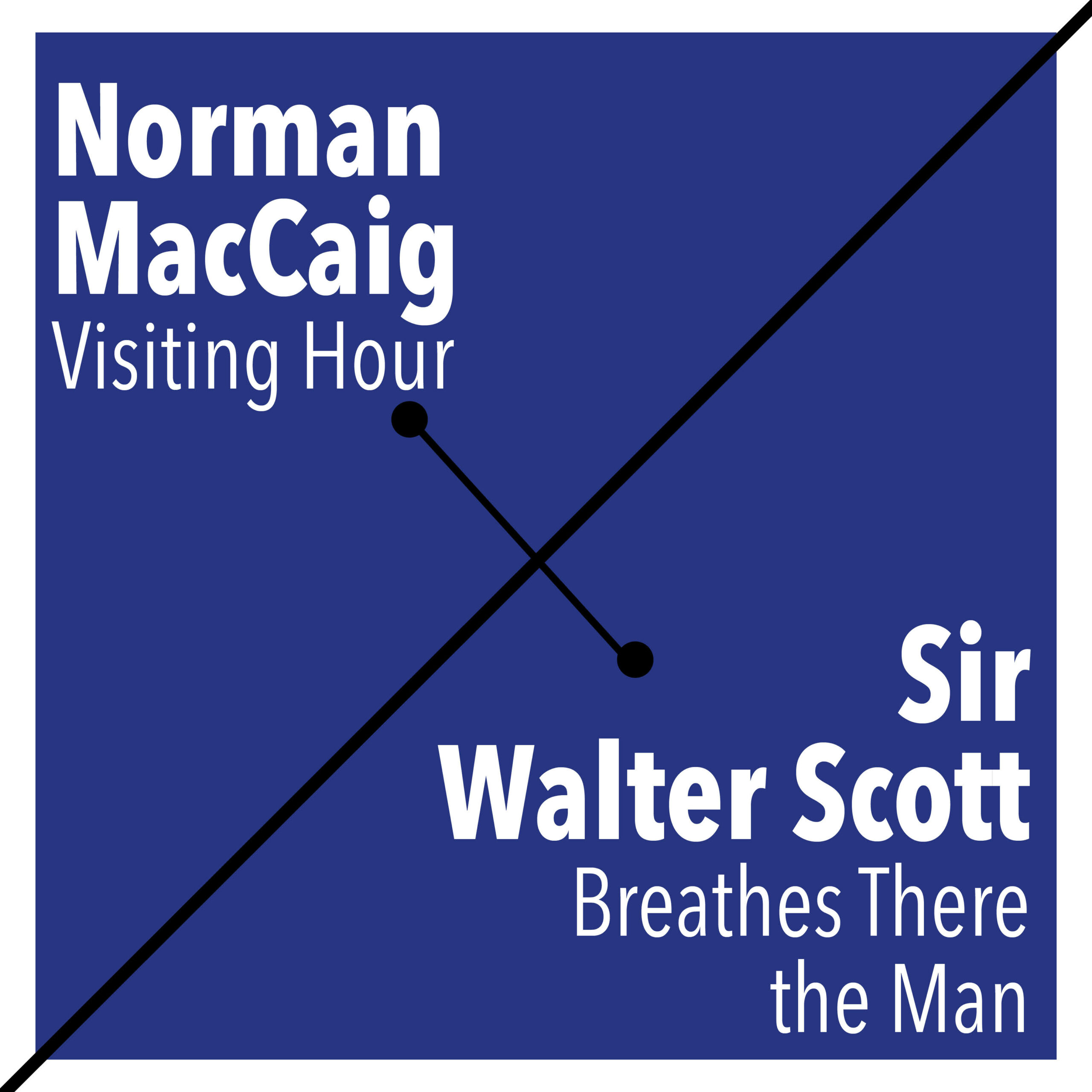
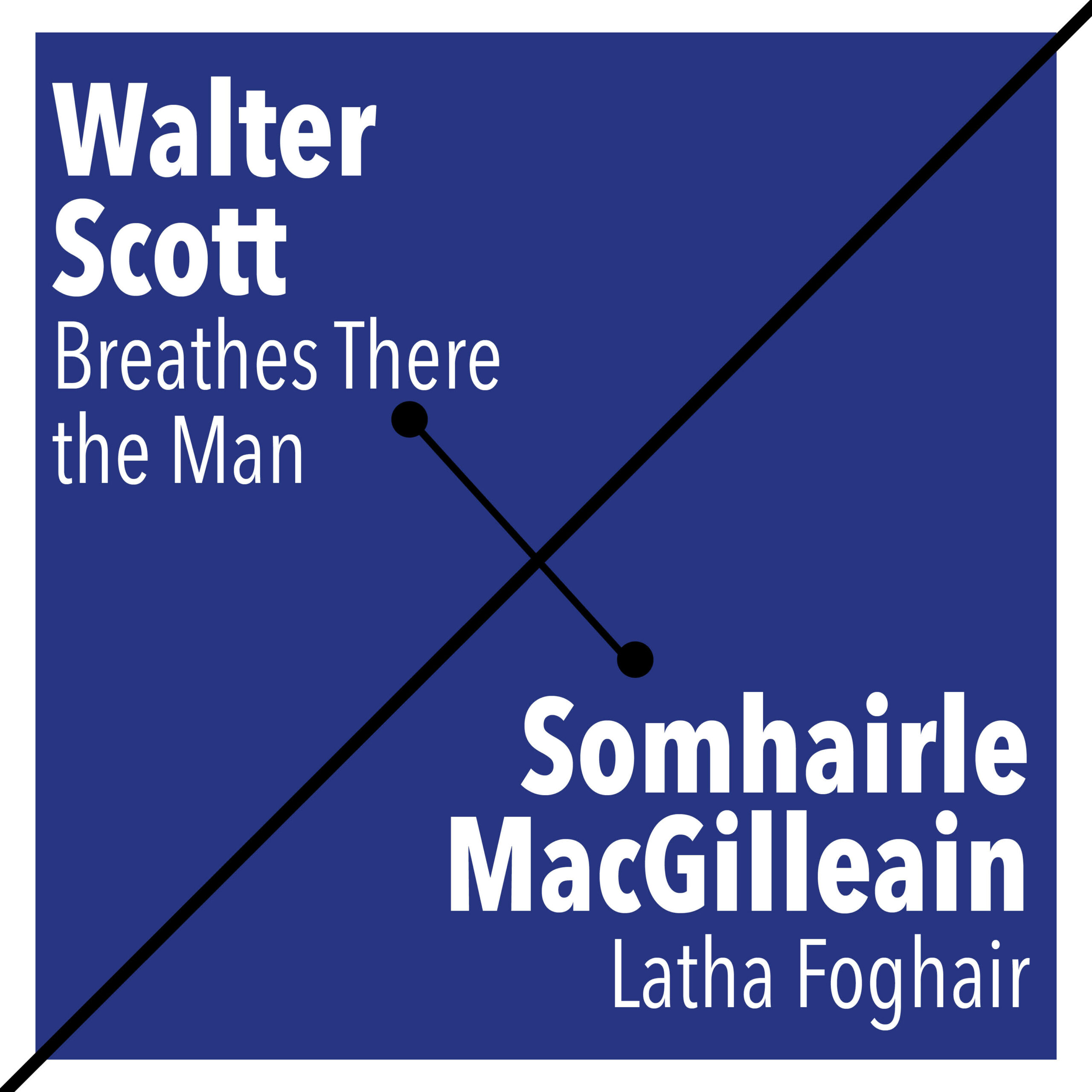
Scott’s literary work, in many ways, changed the perception of Scotland while our next poet Somhairle MacGilleain, or Sorely MacLean, broke new ground in perceptions of Gaelic poetry in the early 20th century.
Read Latha Foghair HereMacGilleain was a teacher in Edinburgh for some of his career, having studied at the University of Edinburgh. Edinburgh’s former Makar, Christine de Luca was also a teacher before turning to poetry full-time.
Read Christine de Luca's 'Soondscales' Here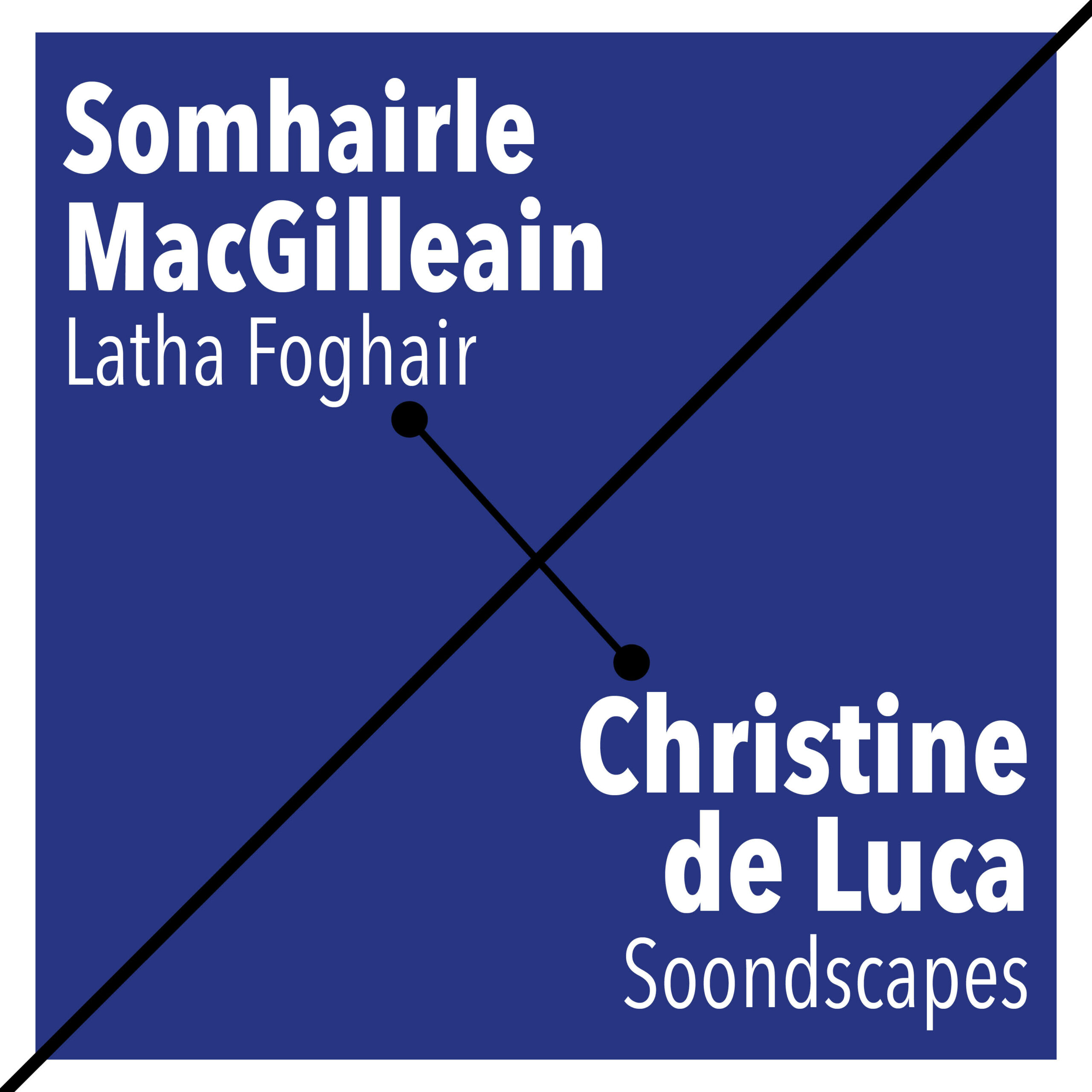
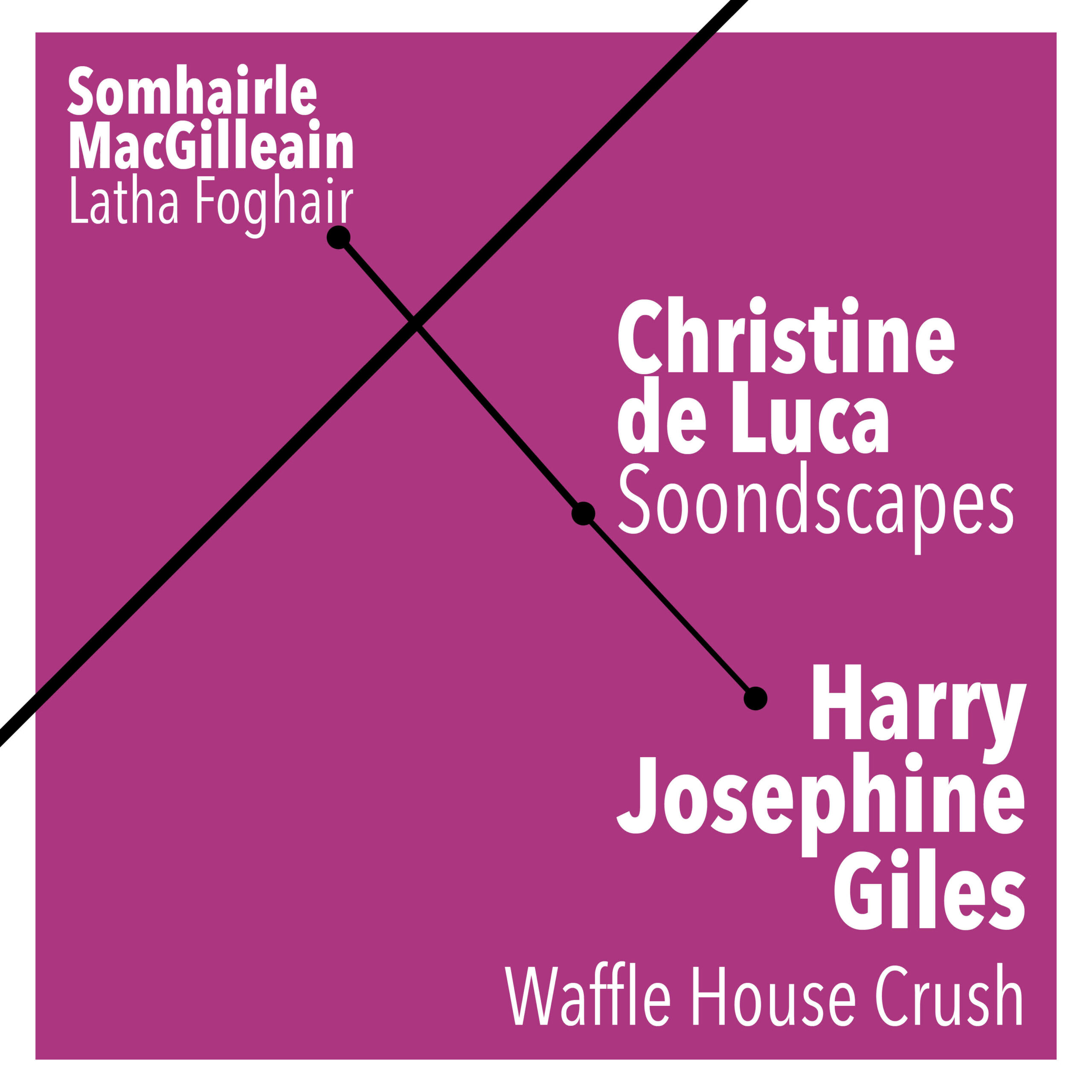
Another diversion to visit Harry Josephine Giles, for an island connection. Whereas Christine hails from Shetland, Harry Josephone's originally from Orkney, and now writes, performs and creates from Edinburgh.
Sample 'Waffle House Crush' HereLike Christine, Roseanne Watt is originally from Shetland but now lives in Edinburgh. She also writes in Shetlandic and is inspired by the islands’ landscape.
Click to buy Moder Dy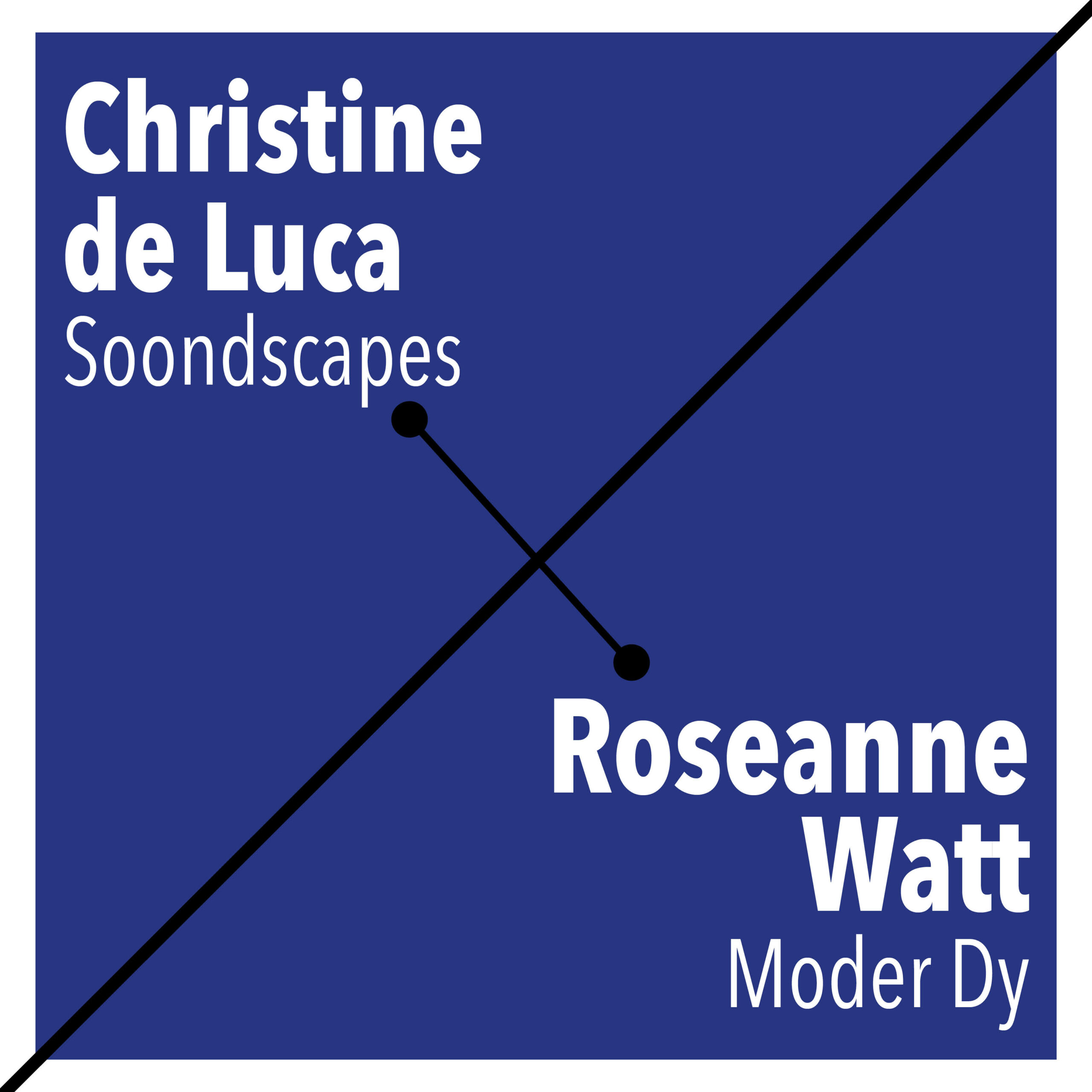
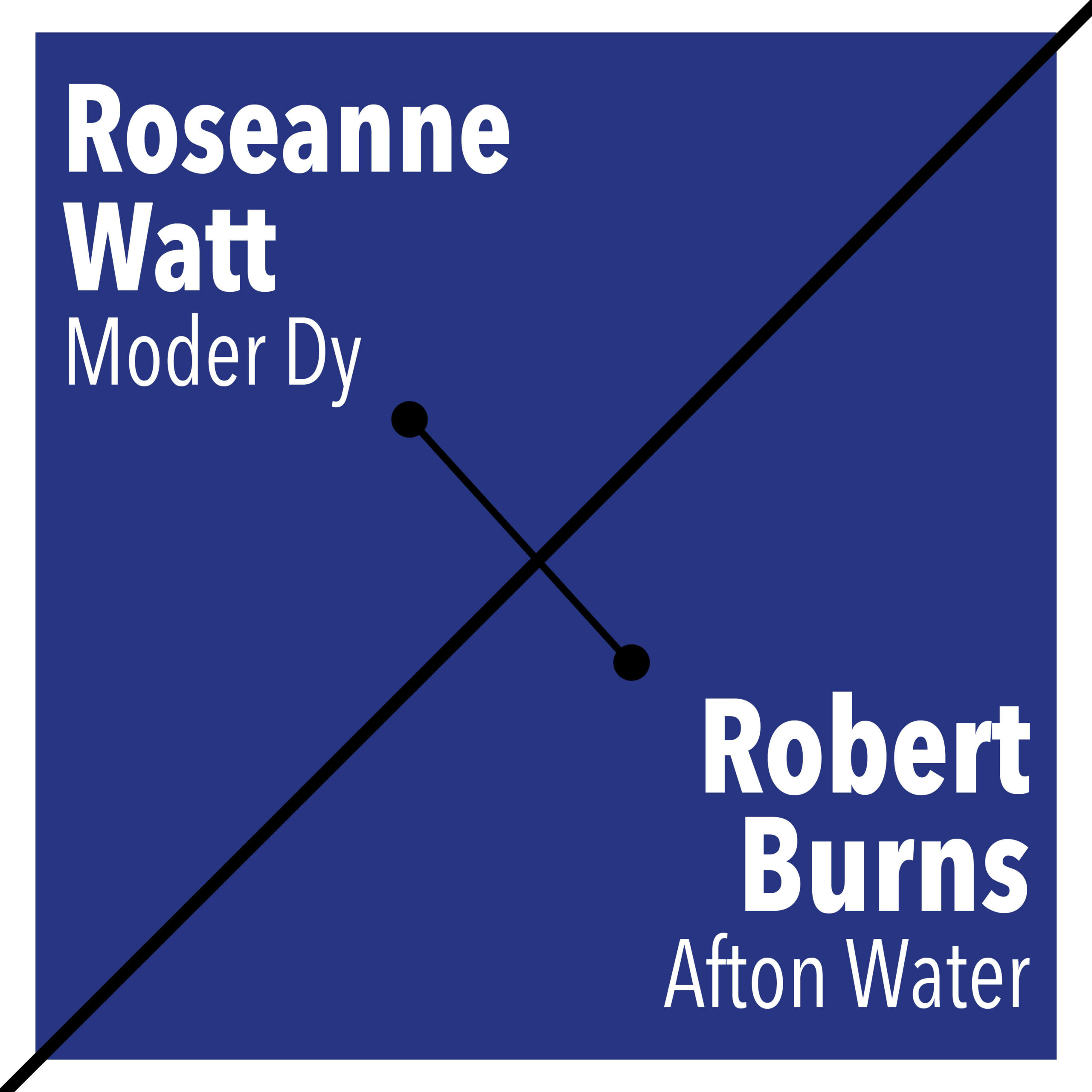
Roseanne is also a musician, which means a hop over to Robert Burns, whose lyrics and musical legacy is part of the legend of the National Bard
Link to Afton Water hereAnother rest stop here. If you enjoy the playfulness of Burns, might we point you in the direction of Ross McCleary’s rising star? Read his poems, you cowards!
Click to read The Job Interview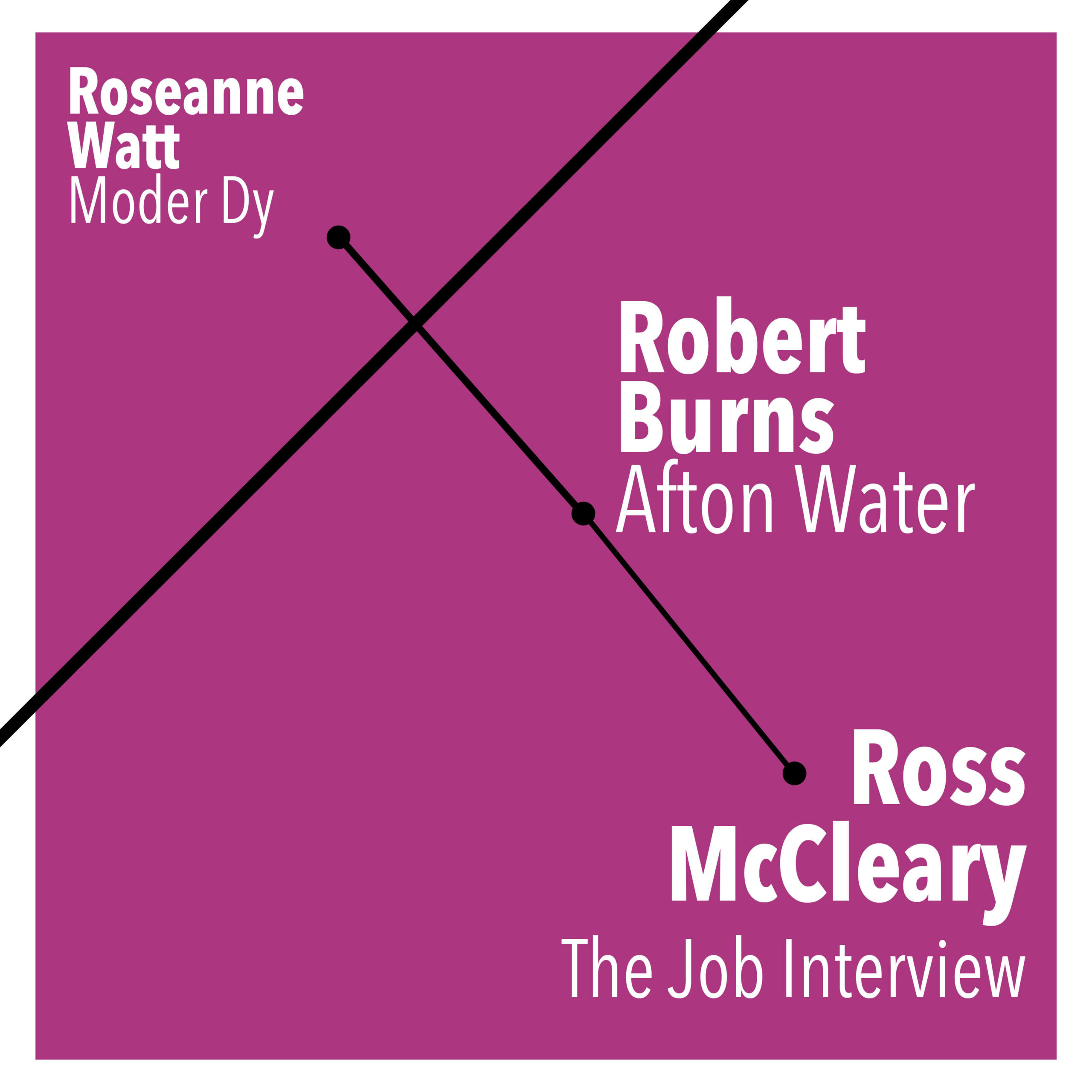

And so Robert Burns’ ‘Afton Water’ floats us to our final poet, Edinburgh Makar Alan Spence, and his haiku ‘Suddenly Spring’ - a hopeful way to end our Poetry Path for World Poetry Day.
Enjoy Suddenly Spring by clicking hereIf you've been inspired, and made your own connections to the Poetry Path - no matter how personal or obscure - we'd love to hear about them. If you'd like a PDF version of the Path, then just get in touch and we'll be happy to send one over.
World Poetry Day was first designated as 21 March in 1999 by the UNESCO General Conference. Since then, it’s grown to an international day of celebration of the power of poetry in all its forms. This year was coordinated by Granada City of Literature, with events, talks, content and celebrations held in other Cities of Literature around the world. To find out more about the history of World Poetry Day head to the UNESCO site.


